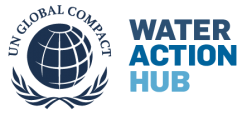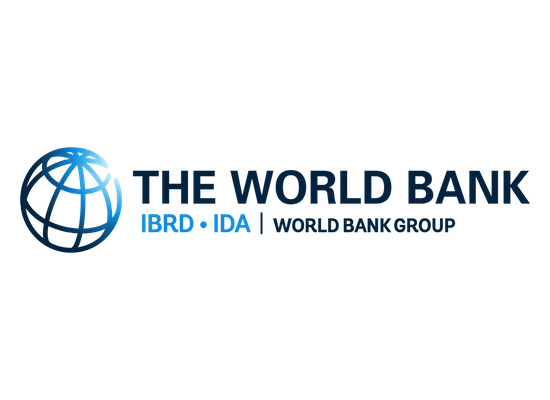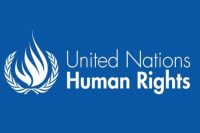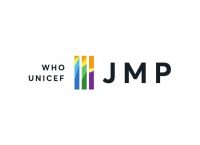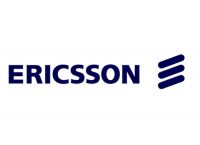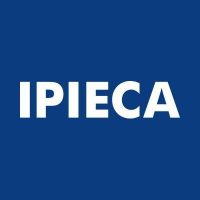Primary Functions
- Encourage a dialogue on ways to think and work differently on WASH, using a problem-driven approach and engaging with the constraints imposed by the broader governance environment.
Detailed Description
Who are the poor people in a country and where do they live? What is their level of access to quality Water Supply, Sanitation, and Hygiene (WASH) services? What are the linkages of inadequate WASH services with health and nutrition? And what are the binding constraints to improving service delivery?
These are the four key questions that a new World Bank initiative set out to answer. This initiative, the Water Supply, Sanitation, and Hygiene (WASH) Poverty Diagnostic, encompasses 18 countries, ranging from fragile and conflict-affected states to middle-income countries.
Over the past three years, it has assessed the relationship of poverty, time, physical space and social space with drinking water, sanitation and hygiene, as well as the knock-on effects on a person’s life cycle. It was not designed just to answer the “What?” but to also look at the “So What?” and “Now What?” After all, water is life. And that is both a very simple and very complex relationship.
To better understand this relationship, the initiative undertook multidisciplinary research – developing innovative methods to fully appreciate the impacts of inadequate services on human development outcomes and identify the binding constraints to service delivery. Supported by the Swedish International Development Cooperation Agency (SIDA), the initiative is a large-scale partnership between the World Bank’s Water, Poverty, Governance, Health, Nutrition & Population teams and these countries. This work is especially relevant for the SDG era and as countries look to harness their precious WASH resources for maximum impact.
